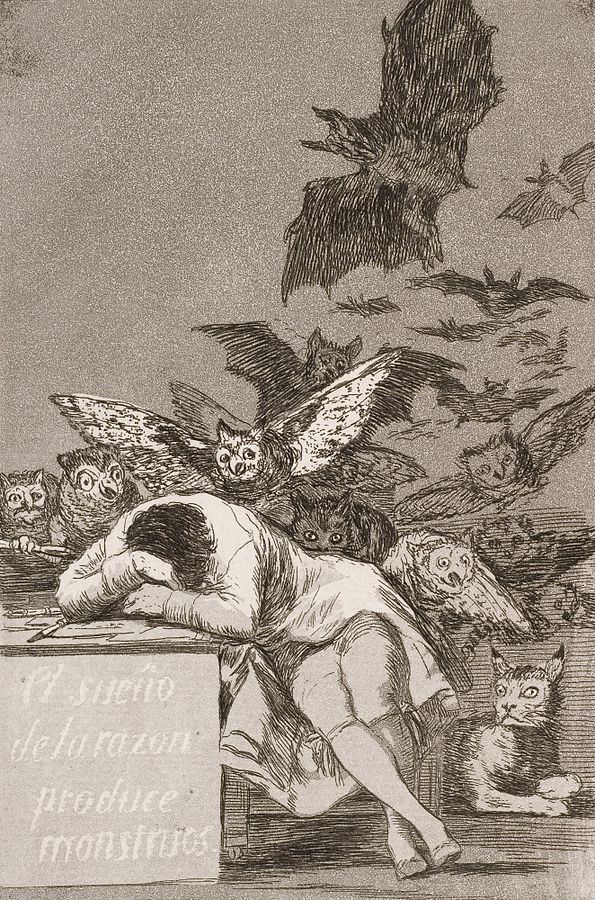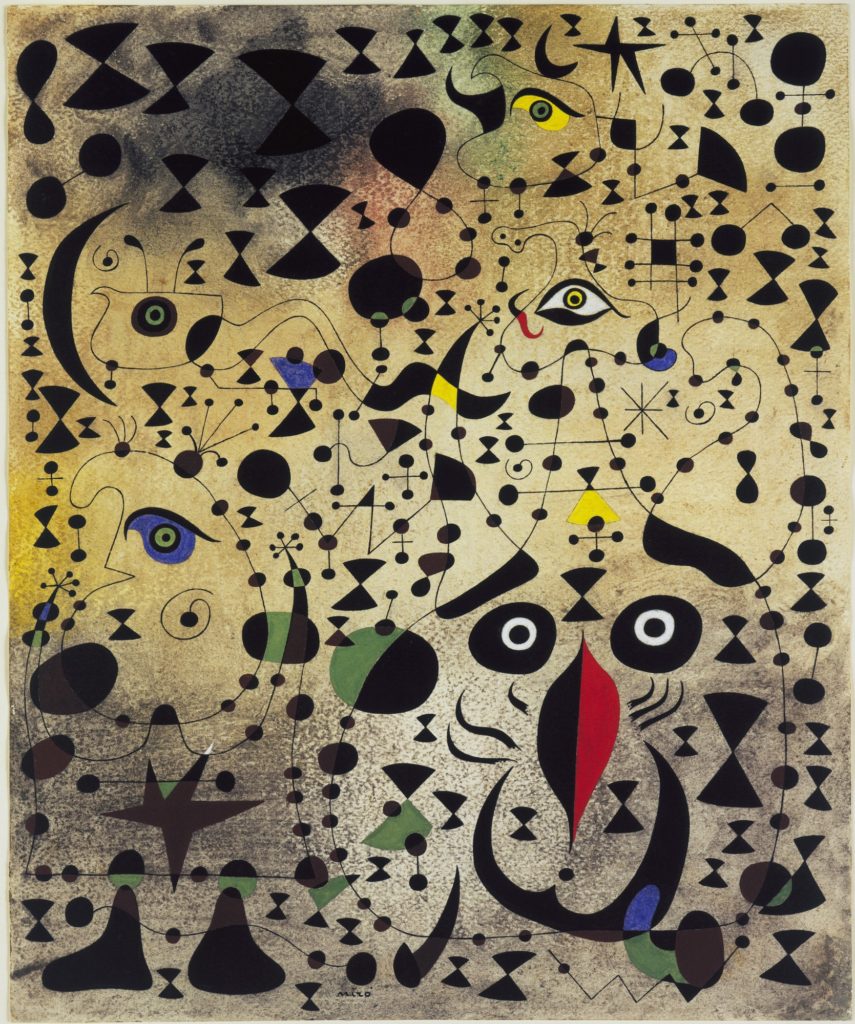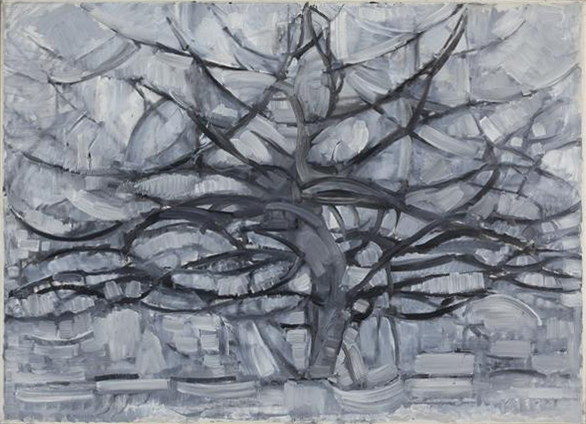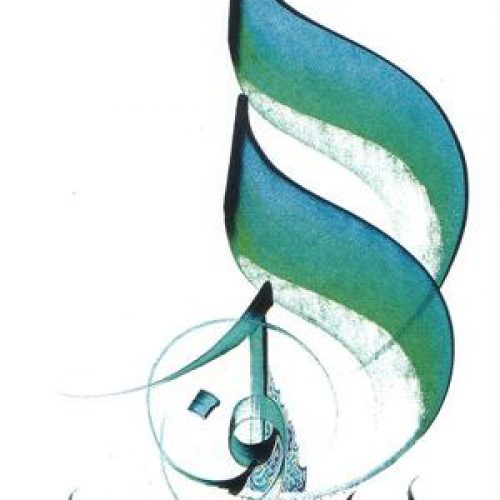For a long time, since the beginning of philosophy, a thick line has been drawn between the passions and reason. And intuitively, this partition seems justified. It is when we are most emotional that we act in ways which we soon regret, and retrospectively, we cannot think of a good reason for acting in that way, besides an unabating, irrational passion to act. When we do not feel any strong emotion, we tend to not do anything ostensibly regrettable. And with this logic, we have decided that reason and emotion are enemies, and for us to be good people, we must side with reason.
But I’ve become annoyed by this dichotomy. People who preface their argumentative opinions with the classic “X is using emotion, but I am using reason to solve the problem.” This person acts as if their distinction was complete, that because there is an ounce of cold-calculation, there is truth, that because they claim the other person is emotional, they have automatically won the argument. A pretend neutrality is made to be the only correct answer. And we are usually persuaded by this person.

There is always motivation. There is motivation to argue in the first place, it is emotion that makes us feel like we must comment. And despite this having nothing to do with your argument, it will govern how you rationalize. We must accept that all reasoning, by definition, is propelled by “emotion.” Without emotion (and its close relatives like habit and instinct), there is no need to be rational—in fact, there is no need to do anything at all We do not act without some attempt at bringing about a desirable end; that is what emotion attempts.
But I will not pretend that people are justified by their emotional intuitions because of how they feel about things. And I will not argue that there is no value to “rational” thinking. We simply cannot generalize in the way that we are so used to. We should no longer ask the question, how do I ignore emotion to become more rational? The question should become, how do we sort out what ingredients of emotion are irrational and what are rational. How do we recognize this?
The first step is to look at the logic that exists naturally in our emotion.
Situation: The Logical Premises of Emotion
The whole premise of emotion and motivation is to take a situation and funnel it into a singular path of actions and modes of thinking which can better navigate and satisfy the provoking emotion. Instinct and habit create the path of action, while emotion changes the way of deliberating and perceiving the world in order to eventually create an action. The situation tells us what information to pay attention to and what it means for our well-being so that we can eventually decide and act. What defines the action and thought process, the possibility for irrationality is the situation—or at least the perceived situation.
In every waking moment, we take in considerable information, more than what we have awareness of. As you sit and read this, there is much going on around you, much of which is not worth your attention. It includes your very recent past, i.e., the conversation you were just in. It is a schematic mental map of our surroundings. It is not only your surroundings that make up this situation, but also your internal milieu, the cocktail of hormones and bodily physiology, that converge onto a general feeling that become part of the situation. All of this goes into your emotion. What you are aware of and what you are not bring forward a tendency for action and moving attention.
Even when you are decisive and busy, the situation sinks into it, influencing the stream of action and thought. Think of the writer, focusing on his description of a scene when things come to the description which he never had intention of. Symbols arrive in the description, whether it is accidental or whether it is that conscious Eureka moment. The many streams of the situation converge to become a single stream of thought and action.

Symbols and Premises
But the situation is not simply what is present. The situation involves your past. It involves what is in recent memory, but also what is distant. The situation includes everything present or fresh in the memory, but also what all that means in the whole scheme of your life regarding love, belonging, status, attachment, etc. A friendly wave means much more if you have encountered it once before.
The spindles of emotion reach back far into our history, far enough to where we have forgotten the actual events but what remains is the patterns of emotion and action. Our self-understanding and our past are veiled and only reach consciousness in a symbolic way—like when a new friend unconsciously substitutes for a lost childhood friend. Some situations are obvious in what they symbolize. Some we have to learn theories on what they mean, like Freud’s Oedipus complex, for example. We attempt to understand the emotion in terms of logic. But the situation always contains a degree of uncertainty, there is always some bits of influence that you do not and cannot know. There is simply to much to capture in every moment.

There is always an apparent meaning behind an action or emotion, an educated theory of it, and an unfathomable unknown behind it.
While grieving a loss of a parent, one may show these levels as the following: “of course I’m sad, that was my parent,” “I was psychologically dependent on that parent.” Or in the case of accepting the unknown we would simply feel the undefined feeling that comes with the situation, without trying to explain it. That is the nature of our situation.
Logic of Emotion
After realizing how little we can grasp the situational causes of our actions and emotions, we can look at what it is in emotion that is rational. For emotion, despite the mystery of its origins, follows logic exactly—as well as we can imagine. Logic contains premises (the situation) and formulates a conclusion from those premises (a tendency of action and thought). The situations we find ourselves creates the emotional conclusion, the frame of mind to go about dealing with that situation. Emotions, like logic, are framed in an if-then format.
It is not the work of emotions that brings us the wrong conclusions. It is the mistaken interpretation of the situation that the conscious mind makes. We mistake our own bombastic confidence for feelings of inferiority. The situation is just much more complicated. What is apparent to us in our situation is not what is often causing our emotions. We are often misdirected by how we consciously frame our emotions. That is how you might interpret and perception-challenging argument as something irrational, when the real emotion is coming from something inside you.
The symbolic interpretation of the situation is what makes emotion seem so irrational. Emotion can seem to say 1 + 3 = 2. But if you could analyze what everything means you might find later that you misperceived a number and that 3 was actually a 1. And the situation was 1 +1, and emotion’s conclusion was accurate. The logical faculties are still totally intact, but our definitions of things, our premises, are misidentified. The insult from your spouse was a personal attack, the poor grade on a test was infallible proof of incompetence, etc. The problems of the irrationality of emotions are not faulty conclusions, but the faulty premises.

The Conclusion of Emotion
Another mistake we make is the misunderstanding of the conclusion in the logic of emotion. This is because it will not look like a simple math equation. The conclusion of emotion is action, attention, and thought. And often we don’t even notice it.
The conclusion of emotion is not a conscious number but an impulse towards a better situation. There is always an element of biological logic which emotion follows, it always seeks a personal, biological or psychological good.
“The value perceived in the object [of emotion] appears to be of a particular sort. It appears to make reference to the person’s own flourishing. The object of emotion is seen as important for some role it plays in the person’s own life.” – Martha Nussbaum
The conclusion of an emotion contains the injection of something which we instinctively prefer or have learned to prefer. But the conclusion always aims at the individual’s well-being. We can of course find another source of error and irrationality in the action that deals with the situation. Not because the emotional part is wrong but that we have learned the response that is acceptable for the perceived situation.
This hopefully broke down the belief that emotion and reason are opposite. They are embedded into each other and cannot be easily separated. And hopefully this has given you an idea of how to seek a rational path towards well-being which does not pretend to be emotionless.



